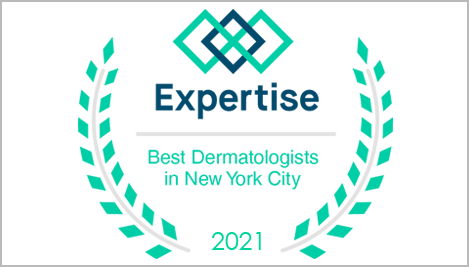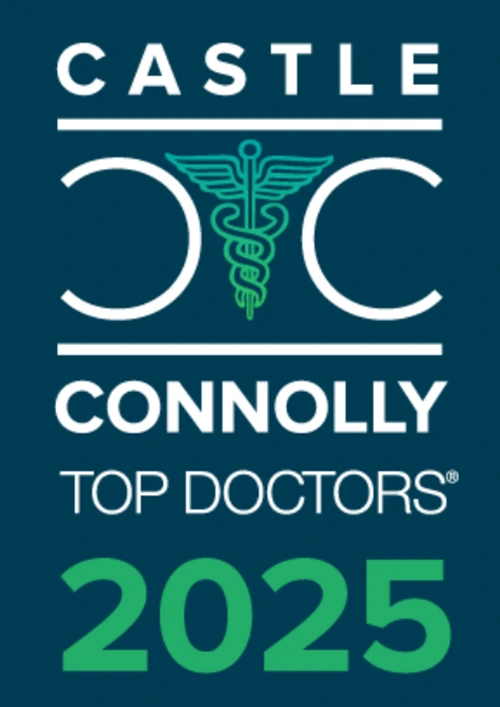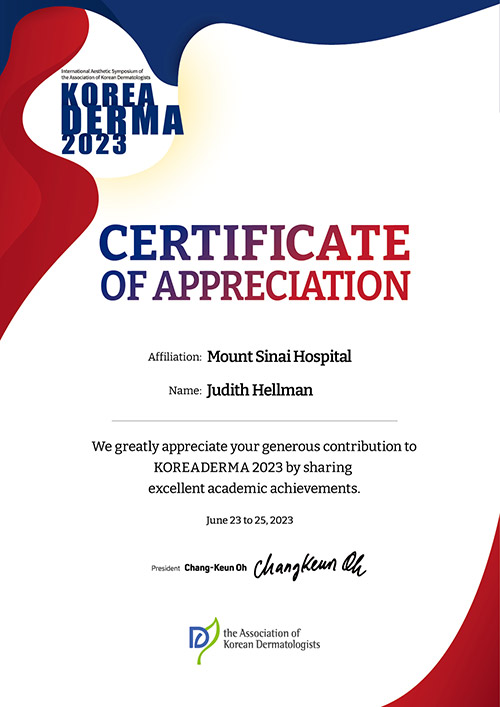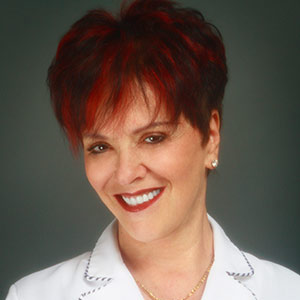What Causes Hair Loss?
A range of factors, including genetics, poor nutrition, stress, hormonal imbalances, and environmental influences, can trigger hair loss. In many cases, particularly for individuals with common patterns of baldness, medications, whether over-the-counter or prescribed, may help reduce or halt further thinning. However, once significant hair loss has occurred in a particular area, regrowth is typically limited without additional treatment options.
Contact Us Today
Common Types of Hair Loss Treated by Our NYC Hair Restoration Expert
If you’re noticing signs of hair loss, it’s important to consult with a specialist early. Identifying the cause can help guide effective treatment. At our New York practice, Dr. Hellman treats a variety of hair loss conditions, including:
- Androgenetic Alopecia: Often referred to as male or female pattern baldness, this condition is marked by gradual thinning or a receding hairline.
- Involutional Alopecia: A natural part of aging, this type results in progressive hair thinning over time.
- Alopecia Areata: A condition that leads to sudden, patchy hair loss and can affect people of all ages, including children.
- Trichotillomania: A behavioral disorder that causes individuals to compulsively pull out their own hair.
- Telogen Effluvium: Characterized by diffuse shedding, this condition is caused by a disruption in the normal hair growth cycle, often triggered by stress, illness, or hormonal changes.
- Alopecia Universalis: A rare and advanced form of alopecia that leads to total hair loss across the entire body, including the scalp, eyebrows, and eyelashes.
Non-Surgical Hair Restoration | Hair Growth Injection
If you prefer not to undergo a hair transplant surgery, Dr. Hellman can help reinvigorate the hair follicles and initiate the growth of new hair with hair growth injection of a natural substance. These injections help reverse androgenic alopecia by giving the scalp a boost of energy and materials that restart the hair growth cycle. In combination with dietary changes and supplements, patients report a meaningful improvement over the next 6-12 months. Remember, it takes time for the hair follicle to get out of its dormant stage and for new growth to be visible.
Choose Hellman Dermatology for Hair Restoration
Certified by the American Board of Dermatology, and more than 25 years of experience, Dr. Hellman has helped countless men and women regain both their hair and their confidence. She recognizes how emotionally challenging hair loss can be and is committed to providing personalized evaluations and solutions to each patient’s needs. To find out if you’re a candidate for hair restoration treatment, contact our offices in New York or Florida to schedule a private consultation.
Frequently Asked Questions
Does testosterone cause hair loss?
Testosterone can contribute to hair loss. Higher levels of testosterone can lead to increased levels of DHT, which can cause the death of healthy hair follicles and result in baldness.
Does dandruff cause hair loss?
No, dandruff does not directly cause hair loss, but if left untreated, it can irritate the scalp and lead to conditions like seborrheic dermatitis or psoriasis, which can contribute to excessive shedding and thinning. Additionally, scratching your scalp due to dandruff could damage your follicles and lead to temporary or permanent hair loss.
How can a dermatologist help with hair loss?
A dermatologist is a board-certified medical professional who specializes in the diagnosis and treatment of conditions affecting the skin, hair and nails. They are trained to recognize different types of hair loss, such as alopecia areata, telogen effluvium, male-pattern baldness and female-pattern baldness. They will also be able to provide treatments that may help slow down or even reverse the process of balding.
Can scalp psoriasis cause hair loss?
Yes, scalp psoriasis is an inflammatory condition that causes red patches on the scalp which can be accompanied by itching and flaking skin. This severe itchiness may result in excessive scratching, leading to damage of the follicles resulting in temporary or permanent hair loss.
What are the things to avoid when you have alopecia areata?
People with alopecia areata should avoid foods that trigger autoimmune symptoms, to help control inflammation. They should also avoid certain hairstyles that pull at their fragile hair and chemical products that can damage their hair and scalp.
Can hair grow back after balding naturally?
Although it depends on each case, it is possible for some people’s natural growth cycle to return and allow regrowth. However, this process takes patience, since most cases will not see rapid results. In some cases of extreme trauma such as chemotherapy treatments where all hairs may be lost, medication may need to be prescribed in order for the regrowth of hairs on both the scalp and body parts if the follicle is okay.
Is there a provider for hair restoration near me?
Book your appointment for hair restoration with us if you are in the New York or Florida area. Dr. Hellman also sees many patients who travel from out of town for her expert treatment and care.
How much does hair restoration cost in NYC?
Hair restoration costs depend on the degree of hair loss and your desired goals. Other factors that may also influence hair restoration costs are the type of treatment, the experience and qualifications of your provider, their location, and pre-, and post-treatment follow-ups.
Contact Us Today
At our office, Only Board Certified Dermatologists See Patients & Perform Treatments
Written by Dr. Hellman on 7/22/2021
Schedule A Consultation
For further assistance regarding any of our procedures,
Call Us Today (212) 751-0577






